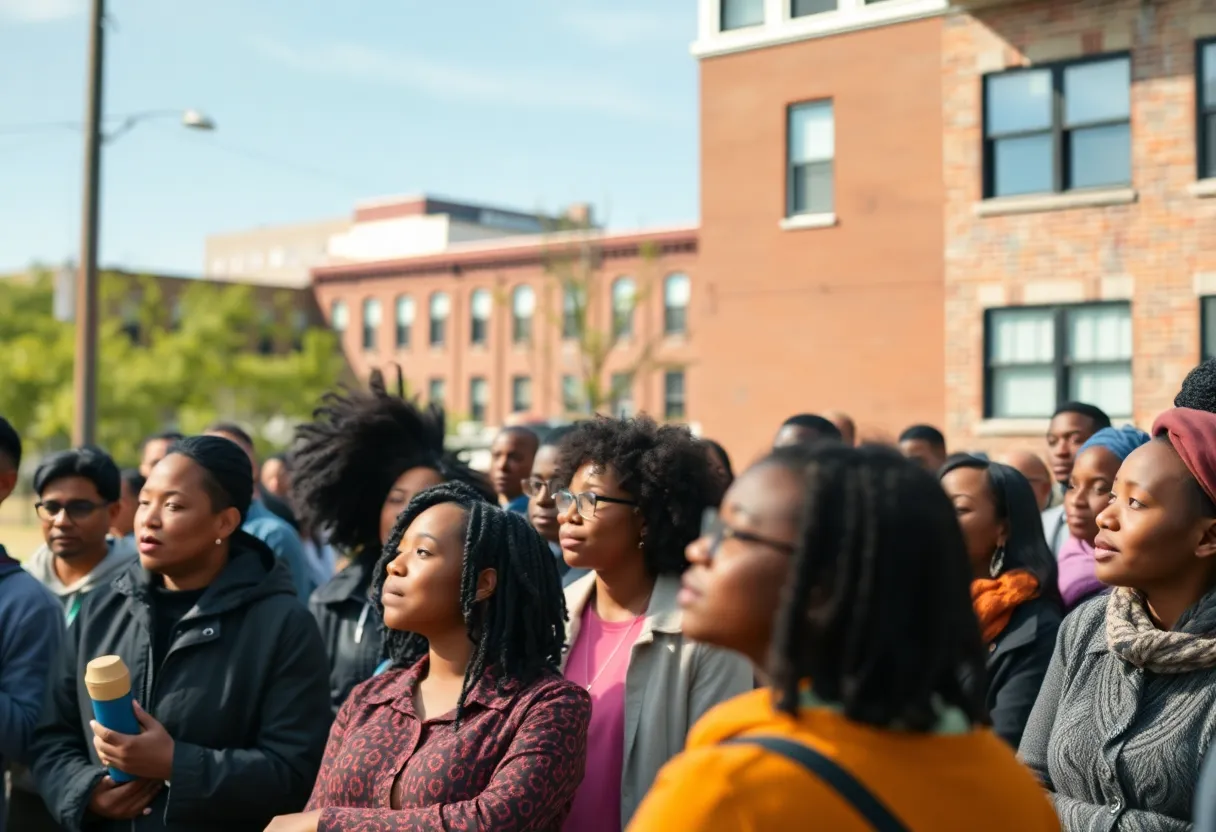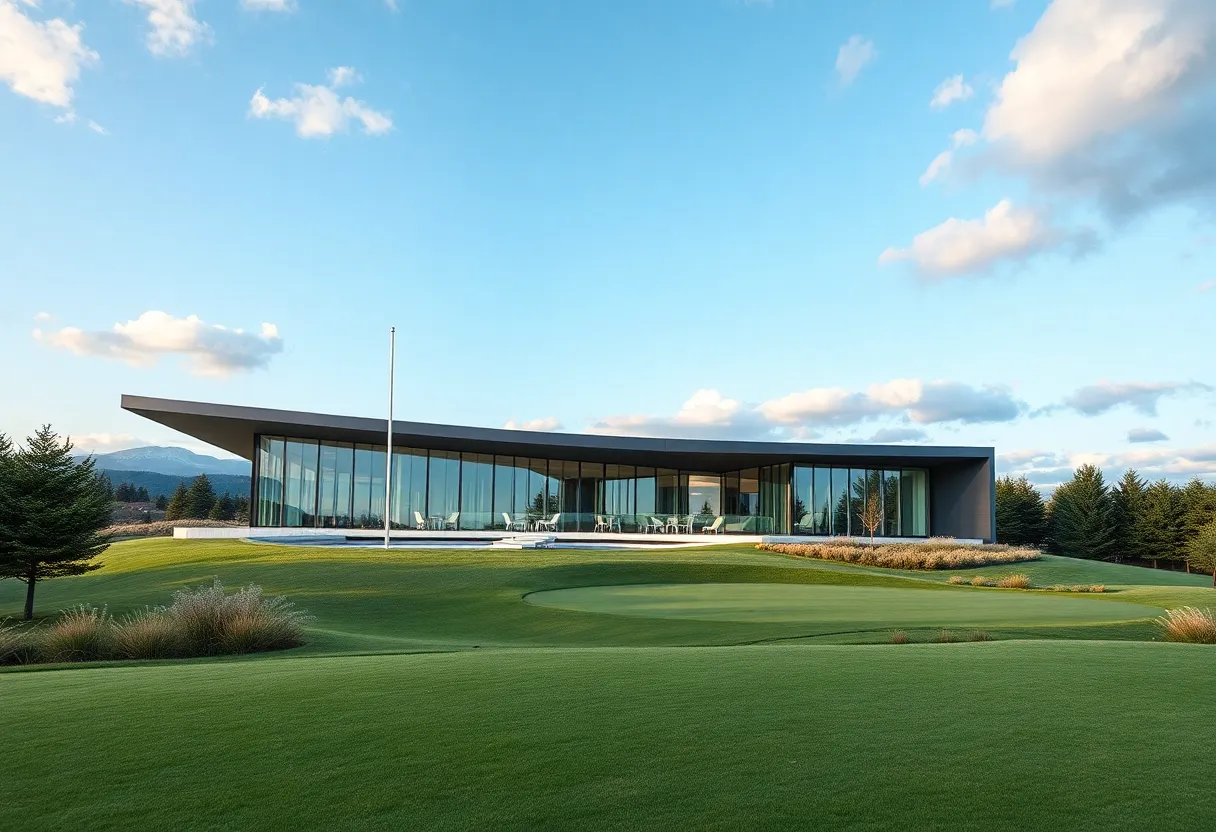News Summary
Residents of Wyman Park and Remington neighborhoods are voicing strong opposition to the proposed Data Science and Artificial Intelligence Institute by Johns Hopkins University. Concerns are raised over potential stormwater management issues, impacts on local ecology, and threats to taxpayer-funded restoration projects. Despite JHU’s commitment to enhance stormwater infrastructure and mitigate construction effects, community members remain worried about long-term environmental impacts and the health of nearby waterways. Public comment is open until October 10.
Baltimore – Residents of the Wyman Park and Remington neighborhoods are actively opposing the upcoming Data Science and Artificial Intelligence Institute (DSAI) proposed by Johns Hopkins University (JHU) due to environmental concerns and the scale of the project. Community members have raised alarms that the university’s request for a waiver could undermine important stormwater protections during the construction phase, potentially jeopardizing local restoration efforts and threatening the health of the watershed.
Residents argue that the DSAI project could threaten millions of dollars invested in taxpayer-funded restoration initiatives, particularly concerning the Stony Run waterway, which has received over $10 million in restoration funding from the city. There are ongoing concerns about stormwater runoff, which could exacerbate existing flooding issues in the area. Local organizers are voicing their worries that the additional construction may detrimentally impact green spaces and lead to greater emotional distress for residents already grappling with nearby flooding problems.
Further complicating the matter, community members have raised apprehensions about potential chemical contamination from construction sites in proximity to the DSAI project, including the Agora Building. In response to city inspections that highlighted stormwater management issues, JHU took action by installing a fence around the construction site to mitigate runoff.
The Baltimore City government is currently accepting public comments regarding the DSAI project until October 10 at 4:30 PM. A spokesperson from JHU has indicated that the university is working to enhance stormwater management infrastructure to address these environmental challenges and has proposed significant upgrades to handle increased rainfall in the area.
JHU has acknowledged flooding concerns by planning a new stormwater line that features a 20% increase in capacity, alongside the installation of a 500,000-gallon rainwater cistern. With the objective of transforming Baltimore into a technological hub, the DSAI project is expected to create approximately 11,000 jobs and provide an estimated economic impact of $1.6 billion.
As part of the DSAI initiative, JHU plans to construct two new buildings located near Wyman Park Drive and Remington Avenue with an anticipated completion date of 2029. In response to community feedback, JHU has reduced the overall size of the DSAI facility by 30%, which will now measure approximately 476,572 square feet. In addition to addressing structural concerns raised by residents, the university has committed to preserving local ecology, pledging to plant 300 new trees to replace those that will be removed during the construction process.
To further alleviate community concerns, JHU has offered to conduct structural surveys for the homes in the vicinity prior to commencing construction. The university has also enlisted environmental consultants to monitor and protect Stony Run Creek and its resident wildlife throughout the project’s lifespan. Community meetings have been held frequently, with 14 such gatherings occurring over the past two years, aimed at addressing the worries voiced by local residents.
Residents continue to request mitigation measures to minimize the impact of construction noise and vehicular traffic on their neighborhoods. JHU’s broader goals include advancements in healthcare, science, and technology that they believe will benefit the community and the nation. However, without addressing local concerns, the project faces significant opposition from residents who are apprehensive about the potential long-term consequences on their environment and way of life.
Deeper Dive: News & Info About This Topic
HERE Resources
Additional Resources
- CBS News: Johns Hopkins DSAI Development
- Wikipedia: Environmental Impact Statement
- The Banner: Johns Hopkins AI Center
- Google Search: Johns Hopkins environmental impact
- Baltimore Fishbowl: Structural Surveys Offered by JHU
- Encyclopedia Britannica: Stormwater Management
- WMAR2 News: Controversy Over JHU AI Institute
- Google News: Johns Hopkins DSAI
Author: STAFF HERE CLEVELAND WRITER
The CLEVELAND STAFF WRITER represents the seasoned team at HERECleveland.com, your premier source for actionable local news and information in Cleveland, Cuyahoga County, and beyond, delivering "news you can use" with in-depth coverage of product reviews for personal and business needs, local business directories, politics, real estate trends, neighborhood insights, and state news impacting the region—backed by years of expert reporting and robust community input, including local press releases and business updates, while providing top reporting on high-profile events like the Rock and Roll Hall of Fame inductions, Cleveland International Film Festival, and holiday parades, alongside key organizations such as the Cleveland Clinic, Cleveland Orchestra, and Great Lakes Science Center, plus leading businesses in manufacturing and healthcare like Sherwin-Williams and University Hospitals, and as part of the broader HERE network including HEREDayton.com, offering comprehensive, credible insights into Ohio's vibrant landscape. HERE Cleveland HERE Dayton





